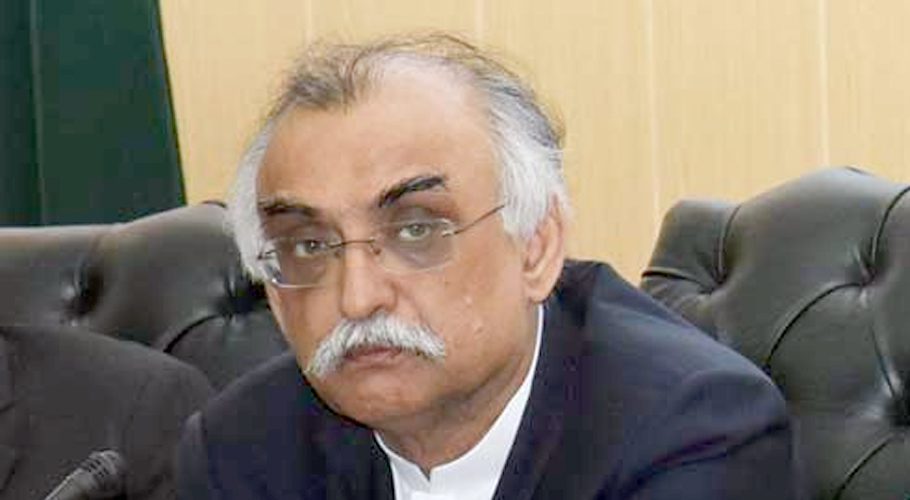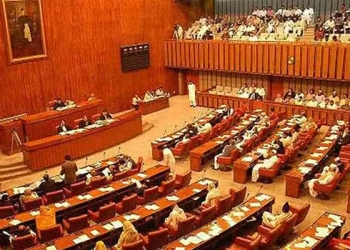The dollar will fall to Rs250 against the rupee, former Federal Board of Revenue (FBR) chief Shabbar Zaidi said, as the local currency strengthens in the money market following a crackdown on illegal money exchangers.
“Our dollar rate should come near to Rs250 and hopefully it will come if the demand for $6 to $6.5 billion or even $4 billion, which was in our market for Afghanistan, ends after the government action,” he said in an interview with a private TV channel.
The dollar scaled to a record high against the rupee last month after it rose above Rs306.98. But it fell on September 7 after the government announced a crackdown on the illegal currency market.
Zaidi attributed two actions of the government to the rupee’s stabilization. Firstly, he said the government was “strictly managing” the transactions of exchange companies and trying to stop the flow of money to Afghanistan from their dealing. He added that strictness was seen in Peshawar and Quetta – the two provinces that share a border with Afghanistan – and stopped all cash transactions.
https://mmnews.tv/hamas-attack-kills-22-israelis-injures-over-500/
The second decision was to gradually evict the exchange companies from the system, he said, adding that all leading banks have already announced that.
Zaidi explained that the demand for dollars was for the trade under the Afghanistan-Pakistan Transit Trade Agreement or for the import of Afghan items.
He shared that the recorded import of Afghanistan, now ruled by the interim Taliban government, was $8.5 billion and the country has exports of less than $1 or $1.5 billion dollar including remittance. “So they [Afghanistan] use around $6 to $6.5 billion of ours for running their government,” said Zaidi.
He went on to add that the government has issued two statutory regulatory orders – an administrative regulation promulgated pursuant to authority. Under SRO No. 1397, Zaidi said the government has imposed a ban on $4 billion worth of five items that were being sold via Afghan Transit Trade. Moreover, an embargo has been imposed on five export items of Afghanistan.
“So for so long we had a loophole that is now closed,” the ex-FBR chief said.
When asked about the increase in basic commodities despite a ban on items, he was of the view that the government has made some priorities to control the situation. The first priority was exchange companies, followed by the Afghan Transit Trade, controlling wholesalers and retailers. He described the last step as “very difficult”.
Zaidi went on to add that it was easy for caretakers to impose policies as compared to politicians as they don’t have any political stake involved.


















![This handout photo released by the IRGC’s official Sepah News Telegram channel shows smoke billowing from a site bombed by Israel in Tehran early on June 13, 2025 [Sepah News/AFP]](https://mmnews.tv/wp-content/uploads/2025/06/Israel-attack-on-Iran-1-350x250.jpg)
















